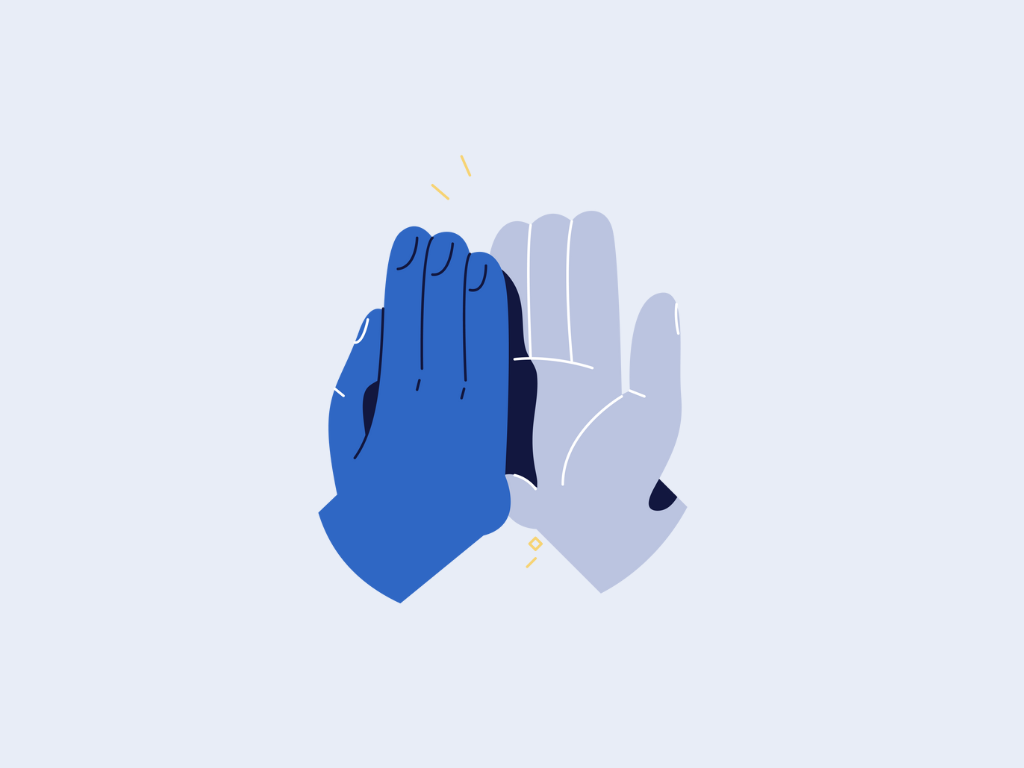Finding top-tier design talent in bustling urban centers can be a daunting task. With numerous creative professionals vying for visibility, it’s vital to know where to look and how to choose the right individuals for your specific needs. This article aims to guide you through the process of finding designers in big cities, considering aspects such as networking, utilizing technology, and leveraging local resources. By understanding these elements, you can streamline your search and connect with the perfect design professionals to meet your requirements.

Understanding the Design Landscape
Big cities often have a vibrant design culture, where various styles and disciplines converge. Understanding the design landscape is crucial to finding the right talent. Designers can specialize in diverse areas, such as graphic design, UX/UI design, product design, and more. Recognizing these specializations helps in filtering through options to find those who align with your project’s specific goals.
Assessing the experience level can influence your choice. Senior designers might offer unmatched expertise but could come at a premium rate. Conversely, emerging designers can bring fresh perspectives and innovative ideas but may lack experience. Both ends of the spectrum have their advantages, so determining which fits your budget and project scope is crucial. Connecting with design schools and attending local exhibitions can provide insights into emerging trends and rising talents in the area, effectively expanding your options during your search.
Using Design Platforms and Job Boards
The internet has revolutionized how we find talent, making design platforms and job boards important tools in your search. Websites like Dribbble, Behance, and Upwork allow you to filter by location and specialization, helping streamline your search to connect with local designers who meet your criteria. These platforms often feature portfolios of freelancers and agencies, providing a window into their previous works and skills.
Many UI and UX professionals showcase their work on these platforms, providing insight into their creative processes and problem-solving capabilities. For those seeking a UI consultant, going through profiles, reviews, and case studies ensures you are choosing a professional who resonates with your vision and goals. Depending on your project requirements, you may consider freelancers for specific tasks or agencies that can provide a broader range of services.
Leveraging Networking Opportunities
Networking remains a vital aspect of finding designers in any city, and big cities often have a plethora of opportunities available. Attending meetups, workshops, or industry conferences can greatly increase your chances of meeting potential designers face-to-face. These events provide a platform for you to evaluate designers’ portfolios and skills, and they facilitate invaluable discussions that can lead to future collaborations. Being part of a design community positions you to receive recommendations from peers who have had successful experiences hiring local talent. Words of mouth can carry a lot of weight within these communities.
Joining online design forums or social media groups that focus on your city’s creative scene can yield fruitful results. Here, you can ask questions about local designers and recommendations from those who have firsthand experience working with them. Many designers actively participate in these groups, showcasing their work and engaging with potential clients. As a result, these online platforms become a treasure trove of information, making it easier to identify potential candidates through their past works and client interactions.
Exploring Local Colleges and Universities
Another effective avenue for finding designers is through local colleges and universities. Many educational institutions run programs in design, offering students exposure to cutting-edge concepts and technologies. Reaching out to design departments can provide access to talented students eager to showcase their skills. Often, colleges have job boards or placement services for students looking to gain real-world experience, making them a valuable resource for businesses seeking fresh talent.
Universities often hold events like design showcases, where students present their projects to the public. Attending these events allows you to assess their work in a live setting, providing insight into their capabilities and creative thinking. This approach may allow you to form relationships with future industry leaders.
Consider Utilizing Recruitment Agencies
If the task feels overwhelming, considering a recruitment agency specializing in design can be a wise decision. These agencies often have extensive networks and understand the intricacies of the design industry, helping you find the right match efficiently. Recruitment agencies curate talent pools and can filter candidates based on your specific requirements, allowing for a more streamlined hiring process.
Leveraging the expertise of a recruitment agency can save you time while increasing the likelihood of finding highly qualified candidates. Most agencies handle preliminary interviews and portfolio reviews, presenting you with only the top contenders for your project. This approach enables you to focus on evaluating the design aesthetics and fit with your company culture effectively. Given the competitive nature of design, engaging a recruitment agency can be an efficient way to access a larger talent pool without extensive legwork.
Connecting Through Local Events and Exhibitions
Big cities often host a variety of design events, exhibitions, and festivals throughout the year. Participating in these events can provide direct access to talented designers while illuminating the local creative scene. These gatherings showcase the work of various designers, offering an excellent opportunity for you to scout talent in a more relaxed environment where conversation can flow easily. Conferences and expos facilitate networking with industry professionals and fellow creatives, leading to potential collaborations.
Events often include workshops where you can gain deeper insights into designers’ methodologies. Take advantage of these opportunities to interact with the participants, look at their works, and gauge their passions. In many cases, establishing connections during these events can blossom into fruitful partnerships long after the event has concluded.

